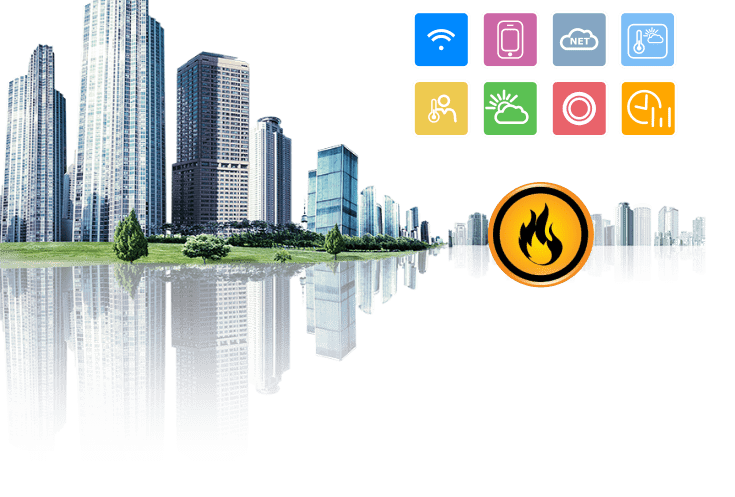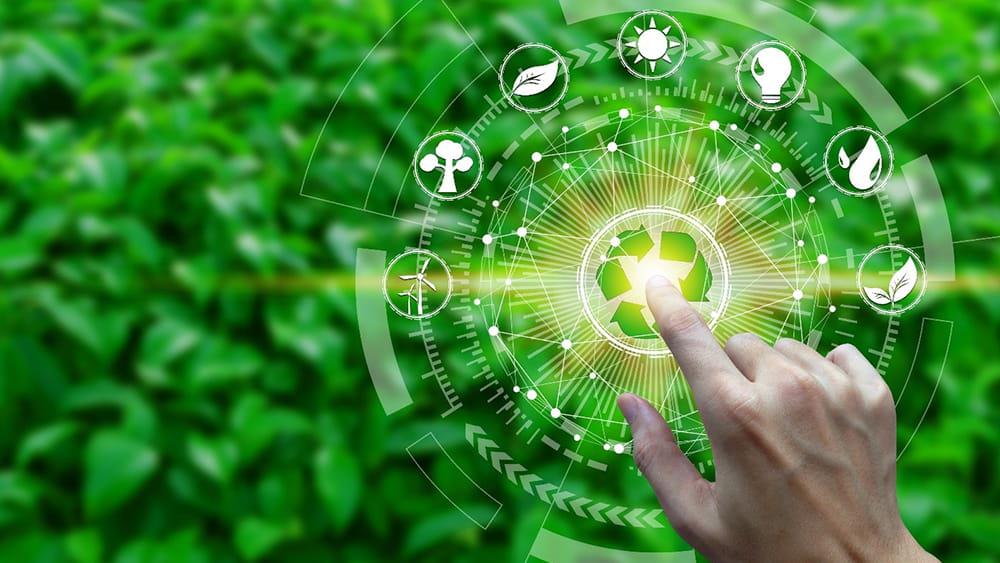Recycling is the process of returning part of a liquid or gas from a system back into it after passing through a certain section. This term is used in various fields where reuse or circulation of media is necessary to optimize processes.
Recirculation is allowed in heating and water supply systems. In specific technical solutions, recirculation systems include three- and four-way valves that provide mixing of cold and hot water (heat carrier). This allows maintaining a stable thermal energy in systems.
Key aspects of recycling:
- Principle of operation — recirculation is carried out by removing part of the liquid or gas from the final node of the system and returning it to the initial node or to another section. This allows the medium to be reused or its consumption optimized.
- Application in technical systems — in technical systems, recycling can be used to reuse cooling or heating media, improve equipment efficiency (for example, in cooling or heating systems), reduce resource costs and increase energy efficiency.
- Environmental aspects — the use of recycling helps reduce the consumption of water, energy and other resources, which has a positive effect on the environmental sustainability of production and household processes.
Examples of recycling applications:
- Water supply and sewerage systems: The use of recirculation in water supply systems allows water to be reused, for example for irrigation or cooling.
- Heating systems: Recirculation in heating systems is used to reuse the heating medium, reducing energy consumption and improving indoor comfort.
- Industrial processes: Many manufacturing processes use recycling to reuse cooling media, water or gases, reducing resource costs and improving production performance.
Recycling plays an important role in modern technical and environmental strategies, contributing to more efficient and sustainable use of resources in various sectors of human activity.





